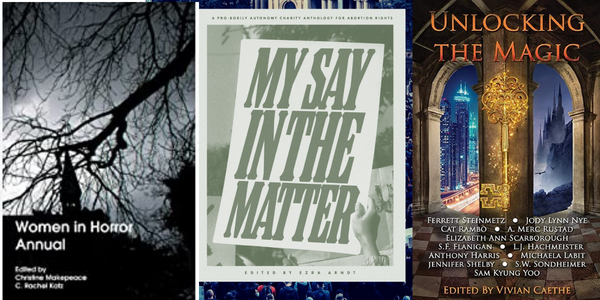Last Minute Holiday Gift Giving
I know, I know, I’m sorry. Here’s the thing: I had the opportunity to work on a really amazing project and something had to go by the wayside to fit it in. A lot of somethings actually. 100% worth the time and effort but it means I didn’t get in any of the “best of” lists I was planning nor as many Winter Holiday Gift Giving Recommendations as I had intended to scream about. Alas.
I’m here, however, for anyone who finds themself in need of a last minute gift for the modern history buff, art historian, or artist in their life, a pairing, in fact, that can be given as a set or piecemeal depending on your price point and the interests of the person to whom the gift is being given.
Ai WeiWei, born in China is 1957, is a multimedia artist who spent the early years of his life living in work, detention, and reeducation camps with his father, Ai Qing, a visual artist and poet considered a dangerous “rightist” by the Maoist government. Eventually reinstated as a member of the party and permitted to return to Beijing, Ai Qing found himself at odds with the new China and while he continued to make art, he never felt quite the same about it as he had before. Ai WeiWei became an artist as well, and an architect, trying to carry on his father’s work, expressing his love for his homeland while refusing to allow those who were twisting it, tearing it, to damage it irreparably. Hoping to gain a new perspective and new means of expression, Ai WeiWei gained permission to live in the US from 1981-1993 then returned to China, bringing everything he had learned abroad with him. His art, which had always focused on social commentary and criticism, had gain new dimensions and depth in the US, aspects of protestin response to which the government destroyed his studios, had him beaten by police, and incarcerated him under suspect charges. He was permitted to leave China in 2015 and has lived in Europe since.
Ai WeiWei’s, 1000 Years of Joys and Sorrows: A Memoir is a very powerful book about not only the author’s life but that of his father, one that lays bare the reasons any human would willingly endure pain and hardship to make art and to make their art count. Why creating a poem or an installation or a building is not only important but necessary. Why not only the artist’s life but the lives of nations hinge on a single character or a single brushstroke. It helps the reader understand why totalitarian leaders, or even elected ones who are afraid of losing their hold over hearts and minds, are so terrified of pens and styluses and hammers and chisels, why the first people they seek to silence are those capable of crafting the pictures that are worth so many words.
It’s also a fascinating look into the lives of two artists who lived in opposite directions; one who’s canvas narrowed as he progressed and the other who, after great suffering, found his widening and lengthening, who found the world at his back when those who had charge of his own country would have kept him small and silent. The tradeoff, though, was that he had to leave a home he loved, a home that inspired him to such great heights, and to which, unless there’s a drastic change, he’s unlikely to return.
One of my favorite Ai WeiWei works is his Circle of Animals which came to visit the Carnegie Museum of Art a few years back. It’s an amazing collection: 12 bronze heads, each belonging to one of the animals of the Chinese Zodiac, displayed in a circle such that one can stand in the center and turn to face each of them as well as walking around the perimeter. The heads were at the museum for several months; I went five or six times. Imagine my joy when, several years later, I went to the Andy Warhol Museum and lo, in their shop was the aptly titled Circle of Animals, a book about the creation of the collection priced at fifty percent off (it’s still 50% off at the link, I checked). There are pictures of early sketches, Ai WeiWei testing materials, alternative versions, shattered china, different arrangements, and beautifully detailed shots of the final bronze statues. Highly recommend.
These last minute gifts may not arrive in time for Christmas (and if you were going for Chanukah I have some really bad news for you) but a print-out of 1000 Years of Joys and Sorrows’ cover will make a lovely card and Circle of Animals a very exciting one. Especially if you make it a pop up. Regardless, the Ai WeiWei and general art fans in your life will be well pleased and you will score big points for “knowing” who this underrated 20th century giant is. Well played and happy holidays.
